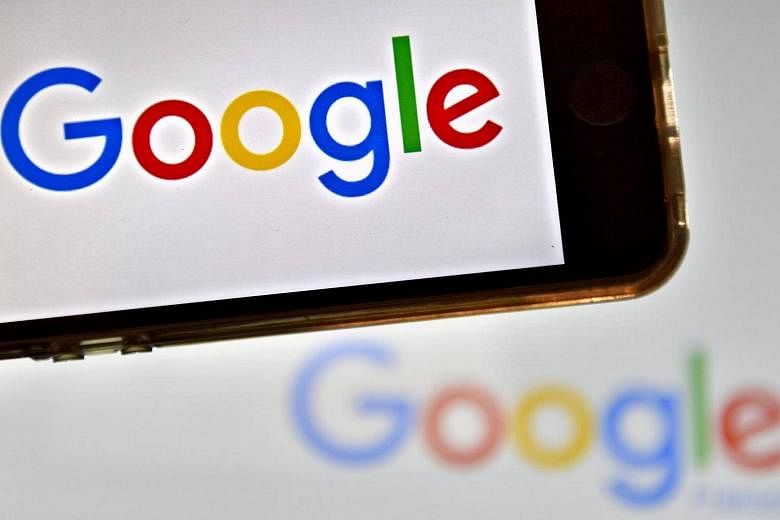WASHINGTON • Thanks to the phenomenon of fake news, Google is going to start asking users for help with its search results rather than relying solely on its algorithms.
Google has also tweaked its search algorithms to ensure that "low-quality" content shows up lower in search results. This should address issues such as one which Google dealt with last year, when a prominent Holocaust denial site showed up at the top of search results for "did the Holocaust happen".
The search giant has said that allowing public help will make it much easier for anyone to give it feedback on its search results, which is the way that most people use Google. For everyday users, that means that if they see a result featured on Google's pages that they think is wrong or offensive, they can actually do something about it.
Google framed the problem as a quality issue. "Today, in a world where tens of thousands of pages are coming online every minute of every day, there are new ways that people try to game the system," said vice-president of engineering Ben Gomes in an official blog post.
According to Google, approximately 0.25 per cent of its results "have been returning offensive or clearly misleading content".
The website Search Engine Land reported that Google estimated in 2015 that it handles three billion searches a day, which means as many as 7.5 million misleading results every day.
Users will see options to report bad information that shows up in Featured Snippets - the little summary boxes that appear at the top or sides of Google searches.
They will also be able to report offensive autocomplete suggestions - the suggested phrases that show up when you begin typing a query in the search engine.
Users can report suggestions for being hateful, explicit or violent. For the snippets, users can also report when the summaries are inaccurate.
On the search algorithm changes, Mr Gomes said: "We have adjusted our signals to help surface more authoritative pages and demote low-quality content."
But some experts are not impressed with Google's transparency.
"As is often the case when Google announces changes, this couldn't be more vague," Mr Joost de Valk, founder of the Netherlands-based consultancy Yoast, was quoted as saying by The Guardian.
Since the United States election, several companies, including Google and Facebook, have taken steps to deal with false information that looks legitimate being passed through their products.
In the past, both companies have been hesitant to step in and provide quality controls for information that appears on their products.
And like Facebook, Google has recently undertaken broader efforts to fight misleading information and hate speech online. The company has started pairing some claims online with fact-check articles, which say whether a claim is true or false. It has also released a tool for developers to let them automatically moderate online messages better.
Both firms have sought to cut off ad revenues to websites that promote false news, but have acknowledged that they need to do more.
WASHINGTON POST, AGENCE FRANCE-PRESSE
SEE OPINION

